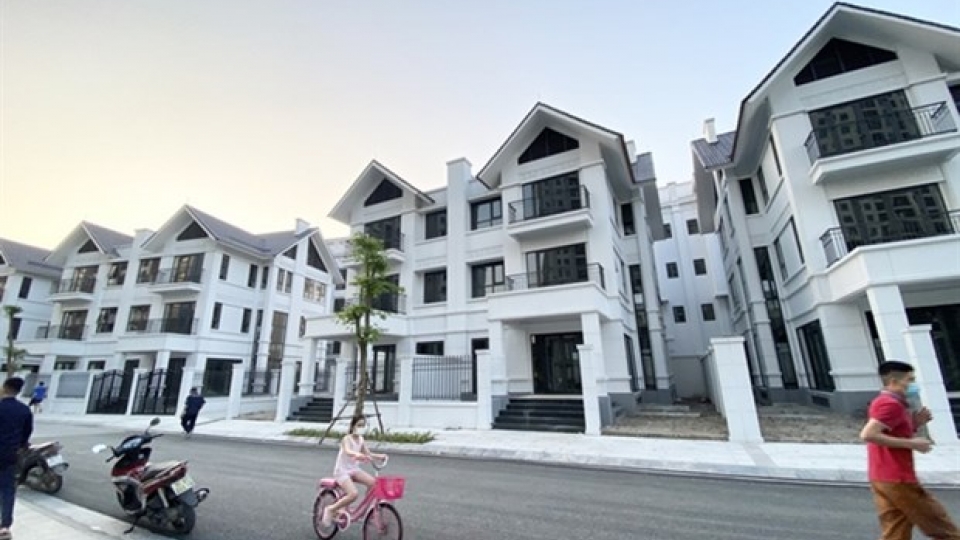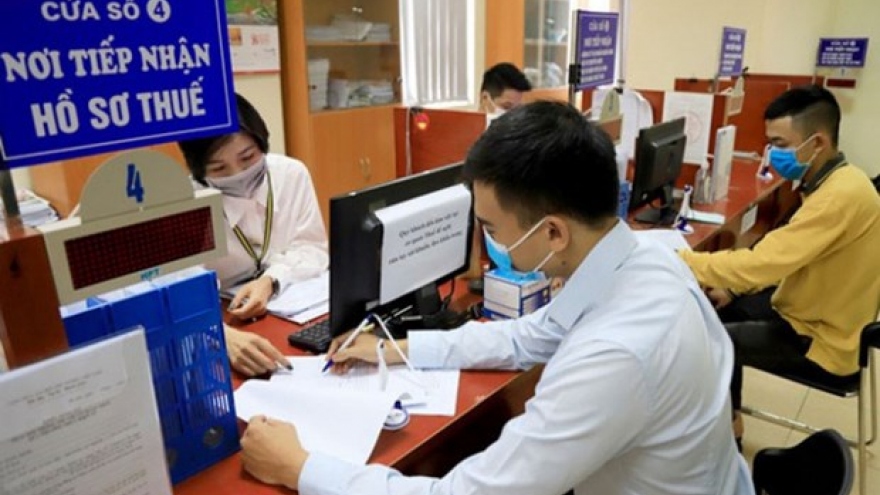Comprehensive tax reforms expected to benefit citizens and enteprises
VOV.VN - The draft Law on Tax Administration (amended) and the draft Law on Personal Income Tax (amended), submitted to the National Assembly on November 4, are seen as a turning point in fiscal policy reform and the modernization of Vietnam’s tax system.

The revisions aim not only to enhance fairness in tax obligations but also to align tax policy with human resources development priorities, encouraging innovation and strengthening national capacity.
Presenting a report on the draft Law on Tax Administration (revised), Minister of Finance Nguyen Van Thang said the amended Law on Tax Administration is based on a taxpayer-centred approach, improving transparency, fairness and administrative efficiency. A key change is grouping taxpayers by compliance levels and the scale of operations, enabling more effective risk-based management while reducing administrative burdens on businesses and citizens.
Under the draft, tax agencies would be allowed to use commercial databases for cross-checking information and connect directly with national data systems to support administration. A fully integrated online public service system would be deployed, enabling taxpayers to finalize most procedures quickly and conveniently. Notably, taxpayers would not be penalized if electronic system failures prevent them from meeting filing deadlines- a provision reflecting both practical needs and fairness in administration.
The draft law also establishes a preferential regime for taxpayers with strong compliance, thereby encouraging voluntary and honest tax reporting
Individuals and organizations with strong compliance records would benefit from streamlined procedures, preferential timelines and priority in tax refunds. In addition, if tax revenues exceed targets approved by the National Assembly, part of the surplus could be used to supplement incomes for civil servants and staff- a measure intended to reward performance and help retain qualified personnel in the tax sector.
The amended Law on Tax Administration also removes a number of outdated provisions, including those related to commune- and ward-level tax advisory councils and certain inspection regulations. According to Minister Nguyen Van Thang, the adjustments aim to ensure a leaner system, reduce intermediate layers and enable greater managerial autonomy.
Meanwhile, the amended Law on Personal Income Tax proposes broad changes affecting taxable income categories, exemptions and deductions, the progressive tax schedule, withholding rules and mechanisms for flexible adjustment to real conditions.
One major adjustment reduces the number of tax brackets from seven to five- 5%, 15%, 25%, 30% and 35%- with expanded thresholds between brackets. This is expected to ease the tax burden across income groups and make the tax schedule more consistent with current living standards.
In addition, the taxable income threshold for irregular earnings, such as prizes, royalties, franchise transfers, inheritances, and gifts, has been raised from VND10 million to VND20 million, reflecting their actual value and preventing small incomes from being taxed prematurely.
A notable breakthrough is allowing deductions for education and healthcare expenses before determining taxable income. For the first time, tuition, training and medical treatment costs for taxpayers and their dependants would be deductible, easing financial pressure and encouraging investment in human capital and health.
The government would also be authorized to proactively adjust dependent deductions in line with income and price movements, rather than waiting for the consumer price index to increase by more than 20%.
The draft also proposes a 50% personal income tax reduction for high-tech personnel and workers in priority sectors, aiming to attract foreign experts and retain domestic talent, thereby enhancing national competitiveness in the digital transformation era.
Experts say the combined adjustments in the two draft laws would help ease tax burdens on households and businesses while supporting economic recovery and sustainable growth. They form part of the government’s broader fiscal reform roadmap to build a modern, transparent and fair tax system that places taxpayers at the centre and strengthens confidence in public policy.
Tax reform goes beyond adjusting how obligations are calculated. It focuses on building trust, ensuring fairness, and encouraging every citizen to contribute to national development, Minister Nguyen Van Thang emphasized.



